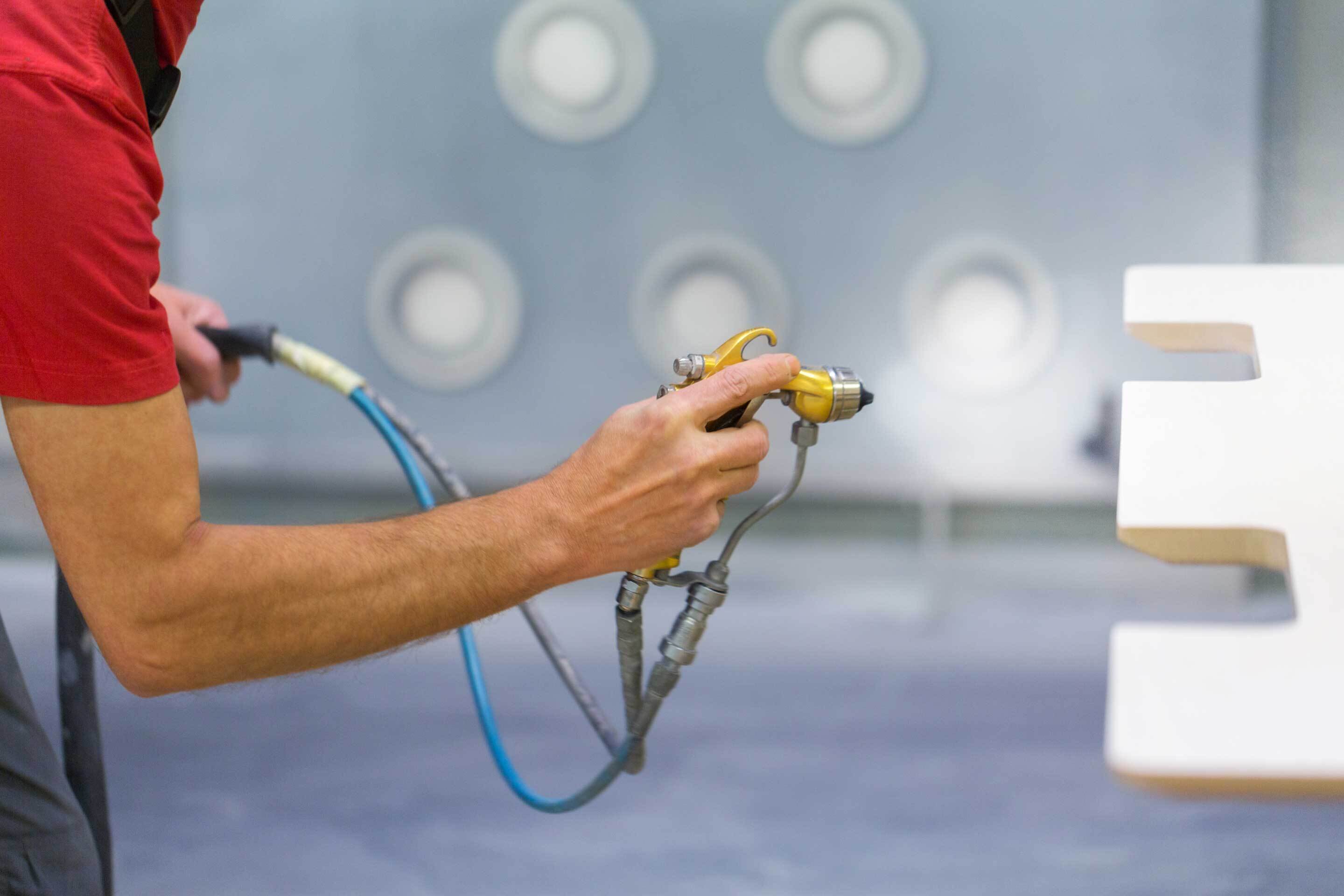4 typical questions about VOCs
Where industrial VOC and solvent emissions pose problems, DESOTEC’s mobile sustainable filters provide simple yet effective answers.
What are VOCs
The abbreviation VOCs stands for ‘Volatile Organic Compounds’. They are organic chemicals with a high vapour pressure at room temperature. An easier statement to comprehend: these components have a low boiling point which means that they evaporate quickly.
An example is acetone, sometimes used in nail polish remover. This component boils at a much lower temperature than water. It is very volatile and quickly goes to the air. That is one of the reasons why you smell it so quickly even if you open the bottle only for a few seconds.


Where do VOCs come from
Some VOCs are biologically generated as they are emitted by plants and animals. These molecules can help to attract insects to pollinate or even work as defensive mechanism. An example of a biogenic VOC is alpha-pinene. This gives your Christmas tree its distinctive smell.
Other VOCs are man-made, also known as anthropogenic VOCs. Major sources are the production and use of fossil fuels, such as mineral oil. Some VOCs are also widely used in industry as solvent in coatings and chemical processes.
What is the environmental impact of VOCs
There are thousands of different VOCs, each with their own properties and impact on the environment as a result.
Some improve pollination by insects while others contribute to the formation of smog and ozone.
Also, health effects vary widely from no health effects at all, to irritation to the airways, but some molecules impact human health quite severely while others enhance global warming or depletion of the ozone layer.
How can VOCs be removed?
VOC concentrations tend to be much higher indoors. Regularly opening a window at home can help you to improve your indoor air quality.
For industry, the answer to this question is of course very different! They are often legally obliged to treat or limit their VOC emissions. A lot of different technologies are available to do this. Some examples are scrubbers, biofilters, thermal oxidisers and activated carbon adsorption - DESOTEC’s expertise. We are always available to answer all your questions!
How can DESOTEC help you?
To discuss how DESOTEC can help remove pollutants from your plant’s air emissions, contact the team today.
Contact our expertsHow can DESOTEC help you?
To discuss how DESOTEC can help remove pollutants from your plant’s air emissions, contact the team today.
Contact our experts-
Our filtration solutions
We offer a wide range of filter models and carbon grades to suit your industrial water or air purification requirements. -
Industries we help
We partner with companies in a variety of sectors, adapting our modular filtration solutions to your unique needs. -
Our unique service
Our closed-loop, full-service model is as unique as your business needs. We’ll define the right filtration setup and safely recycle filtration waste, making it easy to go green.


